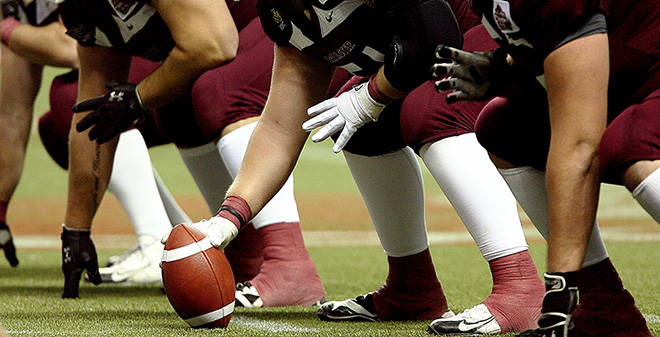Study: Athletes don’t see initiation rituals as hazing
 According to a report from the American Academy of Pediatrics, researchers reviewed PubMed, Google Scholar, MEDLINE and other databases to analyze studies on hazing. What they discovered was that while a majority of athletes indicate they were subjected to initiation activities by their teammates, far fewer believe they were hazed.
According to a report from the American Academy of Pediatrics, researchers reviewed PubMed, Google Scholar, MEDLINE and other databases to analyze studies on hazing. What they discovered was that while a majority of athletes indicate they were subjected to initiation activities by their teammates, far fewer believe they were hazed.
The prevalence of sports hazing varied widely across studies. A national study of hazing at the college level found up to 80% of athletes said behaviors that are considered hazing were part of their team initiation. However, only 12% of college athletes reported being hazed.
In studies of high school students, the incidence of hazing ranged from 17% to 48%, while 5% to 17% of middle school athletes reported hazing activities. Many younger athletes did not recognize initiation activities as dangerous.
The literature also showed hazing rates were similar among male and female athletes, but males were subjected to more physical acts.
A number of hazing incidents over the last few years have resulted in coaches losing their jobs, programs being banned, and death. In several cases, athletes have been criminally charged.
The article notes that one of the reasons researchers believe hazing continues to be viewed as a myth is because athletes — or even coaches — believe it promotes team building. However, as we’ve seen, most times it drives a wedge between team members and damages relationships.
“Despite increased attention to its dangers, hazing remains pervasive throughout the sports world,” researchers wrote. “However, many do not recognize those actions as consistent with hazing. A change in culture, increased education and awareness, along with methodologically sound strategies for action must occur in order to reduce the ill effects and cycle of hazing. To date, current information and efforts are lacking.”
Click here to read the complete study.







